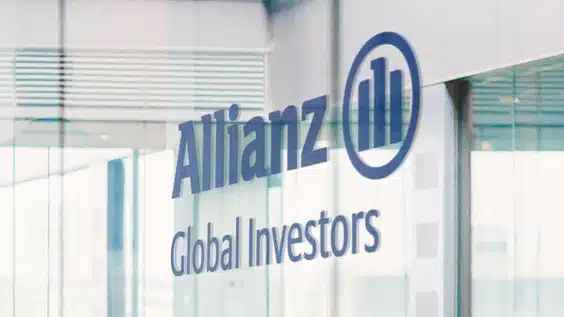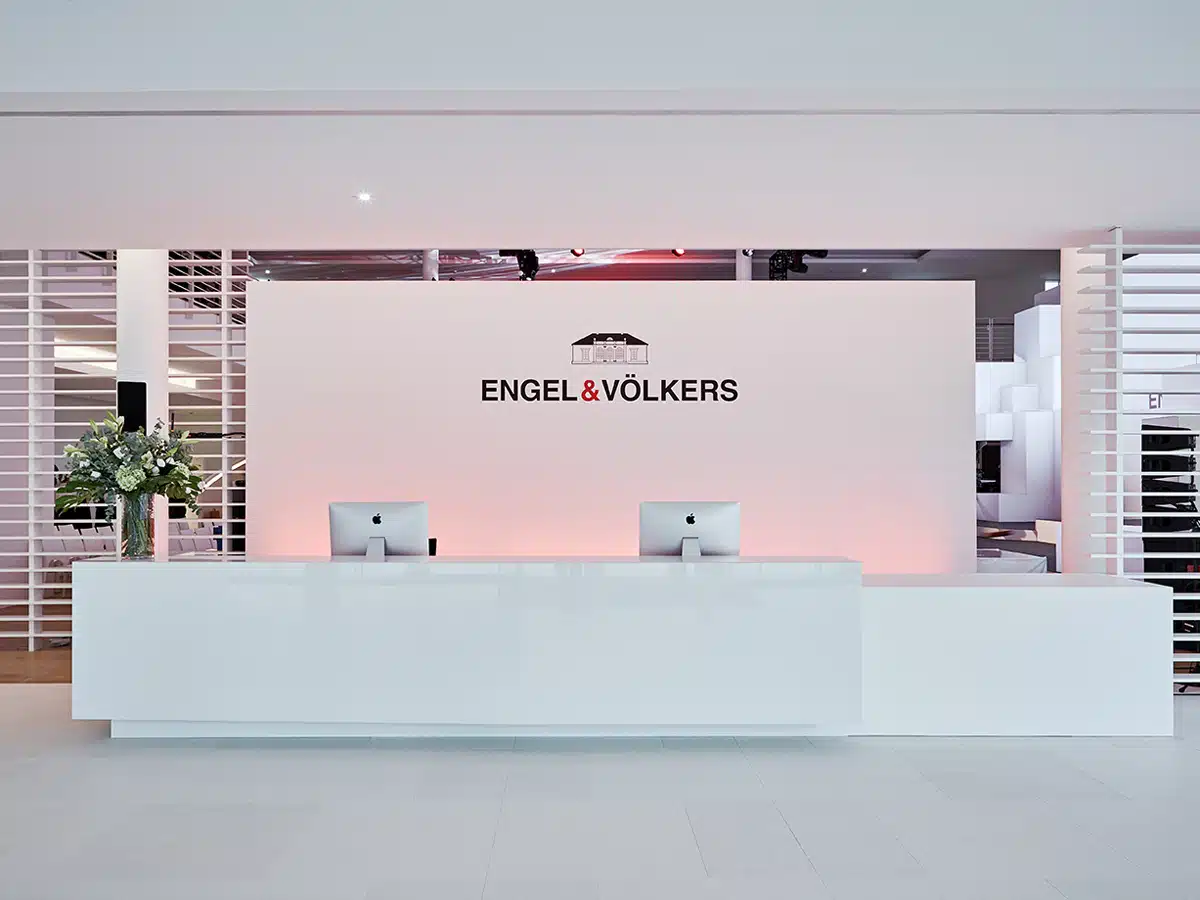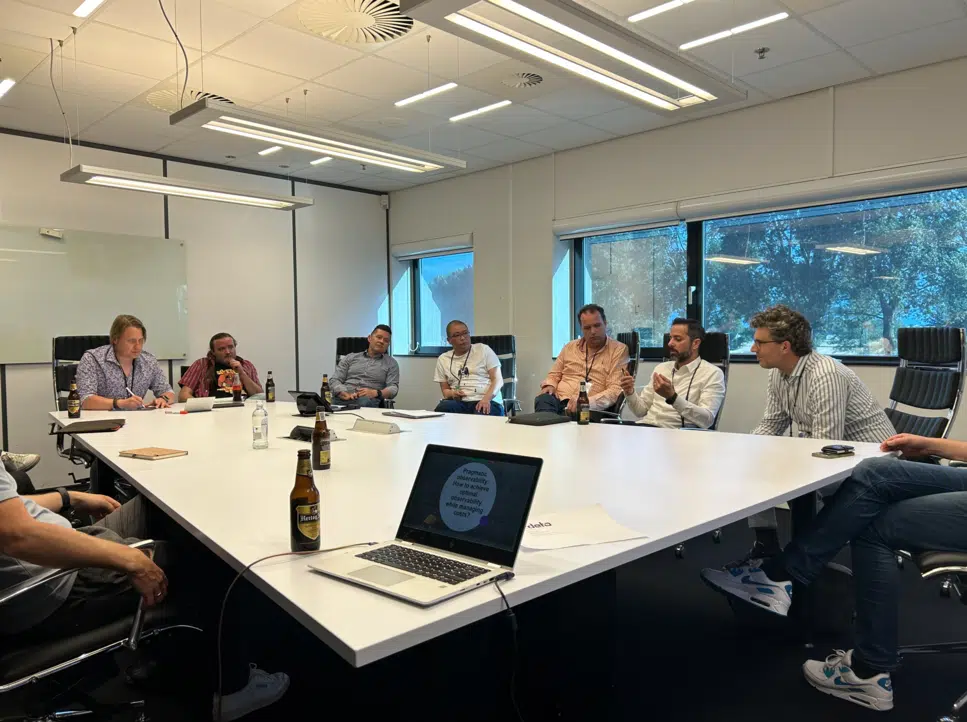In the latest in our #DevOpsQ&A series, specialist DevOps consultant, Isaac Kim, speaks with David Symons, Engineering & DevOps @ Toyota Connected.
David offers his advice to those starting out in tech and DevOps, discusses the evolution of his tech career, the trends he is seeing and his predictions for the future of DevOps.
Third Republic (TR): How did you get into IT? Did you have interest in IT from a young age?
DS: I was a typical teenager playing video games, I had a keen interest in software and gaming hardware. I applied to study a computer science degree but pulled out because to me the real-world experience was more valuable. I was hungry to start working and learn on the job, whilst gaining that commercial aspect and learning the theory as I went along.
I studied a high velocity Microsoft certification program, which was 6 months full-time. That got me certified to get into corporate and commercial companies to start applying what I had learnt to get to where I am today.
TR: I have seen on LinkedIn a lot of job ads with very specific requirements in experience, qualifications and skillsets. What are your views on this?
DS: I firmly believe software engineering and development is based on meritocracy, and if you know how you’re hiring, and the work speaks for itself as a candidate. This is a golden opportunity for someone who might not be able to drop out of university. The meritocracy of development is that if you have put in the time to work and understand everything that goes along with software engineering, this will elevate you far more than a university degree.
If you look at law, there is a very regimented course regarding what you need to learn. Whereas software engineering, the key skills that you need are always changing, they’re always developing and learning. The willingness to learn is what will make you a great engineer. All the best engineers I’ve worked with, have been the best problem-solvers and the best self-learners.
I don’t think a degree is relevant as much as it used to be in software, now there’s so much opportunity to learn from the internet and other courses.
TR: How do you think graduates first coming out of university should go about their job search?
DS: There was an article online that I was reading this week actually, talking about doing internships for free. It was a divided conversation, where some people were saying never work for anyone for free, and others were saying this is how you get in the door.
I think there are a lot of stories out there where you hear about someone working in the mailroom, it’s a cliché, but from there they were given opportunities to learn from managers. And I definitely think there is some weight and truth to that.
The market has internships to provide those people with the opportunity to gain the validation that they are worth the money they are after. I think the best thing for people who are fresh out of university, or in that position, is to take an internship, even just for 3 months. Some companies might not offer unpaid internships, but if you’re hungry for it, it’s about getting out there approaching companies and letting them know you’re willing to learn.
TR: Going back to technology, you started working on the IT-side for a marketing company, so how did you choose to get into DevOps?
DS: Windows definitely got me in the door. At the time in early 2000s it was hard work to get these qualifications, that was the sell, if you have these certifications and can prove that you have learnt these skills, you were more desirable.
As I started working in London, I saw more and more of Linux and I was aware of it and had a good grasp of it and was able to use it in a commercial grade. It wasn’t necessarily a conscious decision; I saw the trends that were happening and saw the benefit of teaching myself this software. It was a natural evolution.
TR: There’s so much emerging tech around at the moment. What are the DevOps trends are you seeing in the market at the moment?
DS: I believe engineers have a habit of over-engineering and making things more complicated than they necessarily need to be. Engineering for the sake of engineering. DevOps is now a commodity, which is good because it means that the standards and process are well-versioned, well-versed, well-adopted and well-documented – the trial and error period is somewhat over.
Something else I think we will see is operations teams becoming lighter and leaner as software platforms reduce these huge operations teams needed to keep the lights on. As software develop these solutions it’s going to become easier to deploy them.
TR: What does DevOps mean to you?
DS: This is an internal debate that has gone on for ages – the market has decided that DevOps is a thing. When I think of DevOps there are so many things that tie into it, it means development teams and operational teams working together. That means having a good culture, there needs to be empathy, you need to be respectful, you need to be able to work together in a stylised fashion. Whether that means you’re working with the data team and the ops team are helping you implement that data. It should be labelled as a well-bread engineering team – you’re working together, delivering at speed, quality and efficiency.
TR: The trend at the moment when hiring in DevOps, a lot of companies are going to DevOps engineers from a tech background – why do you think that is?
DS: One reason is because I think a lot of companies aren’t sure what they’re looking for. It seems that companies are wanting this one person to be able to do so many things – a strong developer, who can do full-stack and application engineering, and who know CIPD. I can’t think of another industry where you would want one person to do so many different things, with so many requirements.
TR: Do you think businesses are struggling to recruit DevOps talent because of the need to potentially over-use technology?
DS: Absolutely, especially around Financial Services, people just don’t know what they’re looking for. In the past couple of years of seen thousands of CV’s and it definitely helps to know what you’re looking for. It should always be requirement first, what is the business looking for, what is it that they’re trying to do and what experience do they need to achieve it?
TR: In the next 6 months or so, what sort of tech are you excited to see emerging?
DS: For me, Cloud Native Applications Bundle. It’s like bundling together, installing and managing of container-native apps. This goes back to what I said earlier about the commoditisation of applications of DevOps and engineering. This sort of stuff is going to become easier, leaner, faster, more efficient, requiring less man hours. Allowing businesses to focus time elsewhere, helping businesses to keep competitive.
TR: DevOps is something that will likely be around for a long time to come, but when the time comes when things become more automated and less focus on ops, how to you think DevOps engineers will evolve within the ecosystem?
DS: Consume as much knowledge about AI and anything around data and how that applies. DevOps engineer that is really strong on that data side of things, is going to become gold to companies, if not now, but in the future definitely. Data play is going to be crucial and for DevOps engineers not to make themselves redundant, it’s going to be important to educate yourself and get involved with data.
If you’re looking to source talent, get in touch with our specialist teams today!





